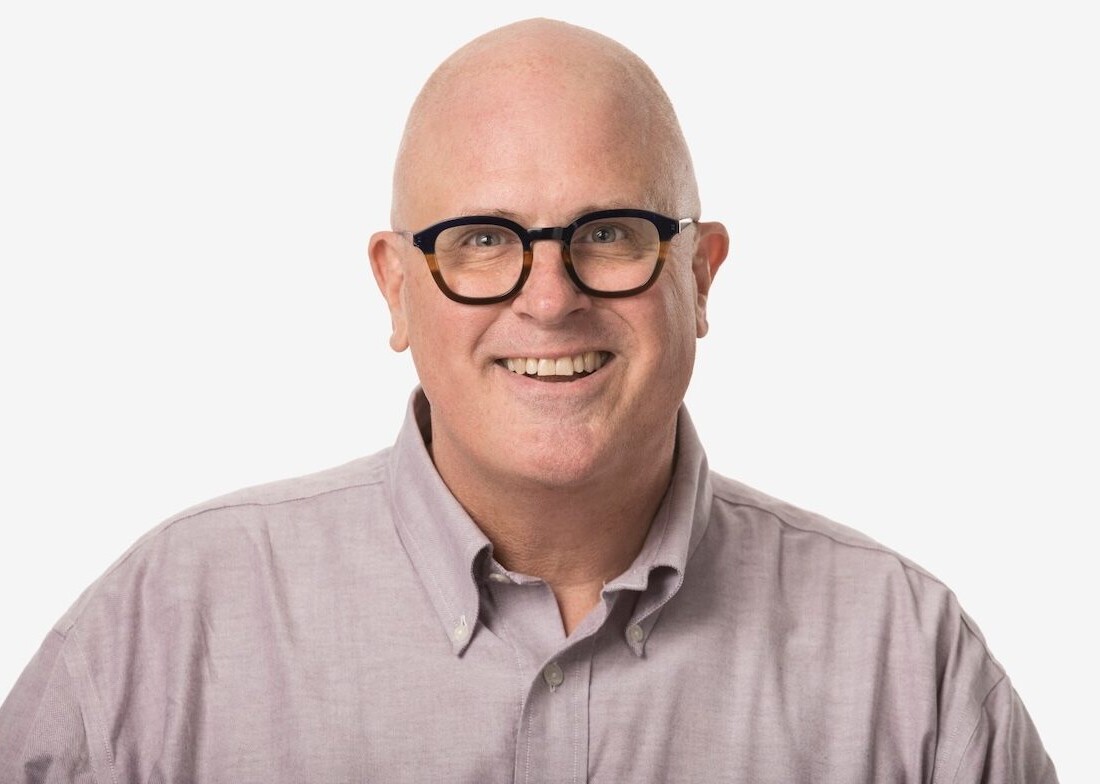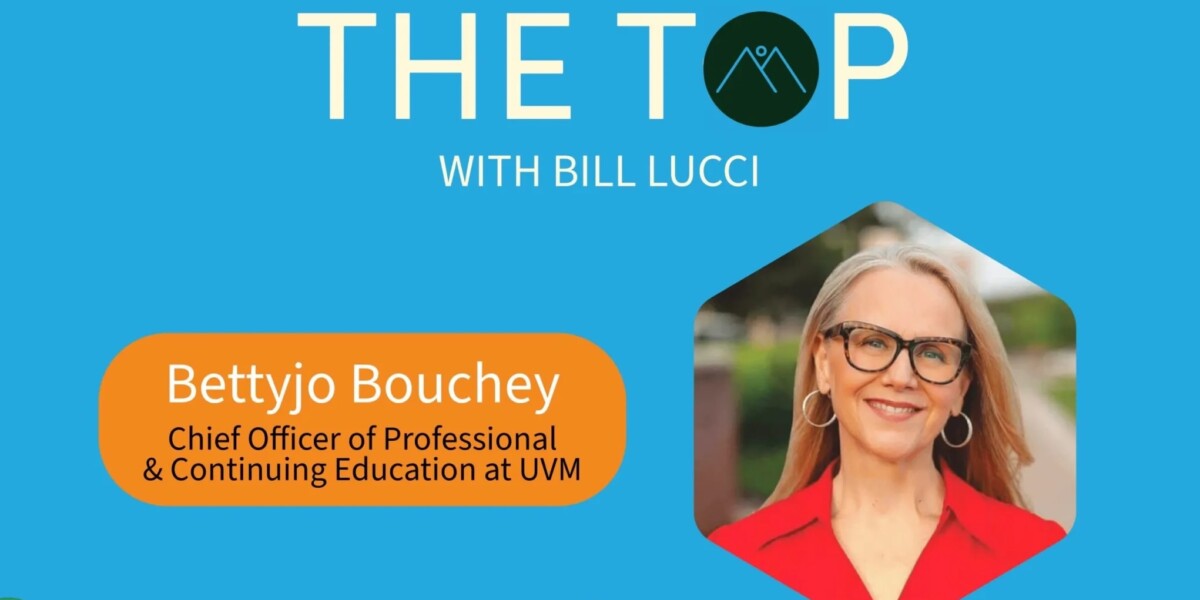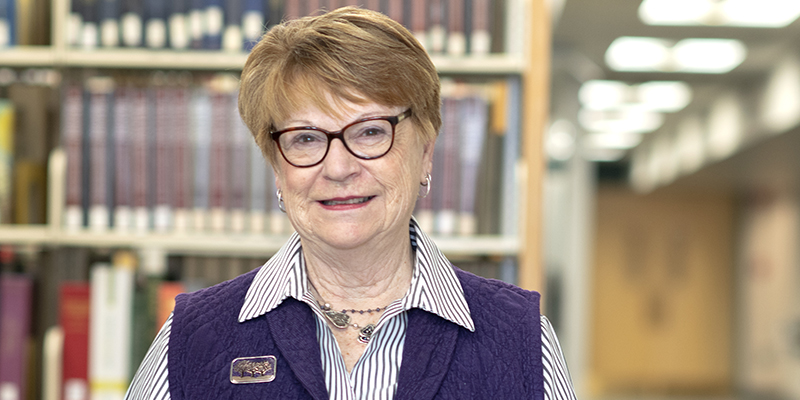Adam Tschorn ’87, Senior Features Writer at the Los Angeles Times, recently authored a meticulously researched cannabis holiday gift guide. If your mouth is agape with envy that Tschorn gets paid to identify the best cannabis-themed stocking stuffers, join the club. He’s got a very cool gig indeed.
“I made a point of getting my hands on every item we recommended,” he says. “Reliable, trustworthy information is in short supply everywhere these days – and even more so in the cannabis space.”
A storyteller by nature, Tschorn is in his element when he’s writing features that invite the reader along for a richly detailed ride into unexpected places (notably, his recent article, “The 13 scariest places to be in L.A. when you’re high”). It’s why he chose to keep his cannabis coverage in the L.A. Times Features section instead of heeding the suggestion to move over to the Metro desk. “Writing features brings me joy,” he says. “I want to go out and talk to people.”
Indeed, there’s much to be said about cannabis culture these days. As Tschorn sees it, cannabis is “firmly out of the closet,” and as states incrementally legalize recreational cannabis, more and more reporters will be covering local cannabis news and developments – perhaps for the first time. While it’s an exciting time for cannabis coverage, Tschorn warns that journalists must be mindful of their power to shape the narrative around a topic that has been filtered, historically, through a narrow lens.
“I think that newspapers of note are now covering aspects of cannabis culture that are more than legal weed and dispensaries, these things you’d expect,” he says. “I’ve always believed that everyone in the cannabis space has a story. It’s more complex than ‘Weed – good or bad?”’
Plant science isn’t as scary as you may think
It’s this desire to report on the complexity of the cannabis culture that brought Tschorn back to the University of Vermont. As an undergraduate in the late ‘80s, Tschorn ’87, earned a Bachelor of Arts degree in philosophy with a double minor in history and geography, so his acceptance into the UVM PACE Cannabis Media Fellowship program was a happy homecoming for him almost three decades after he left Vermont for Los Angeles.
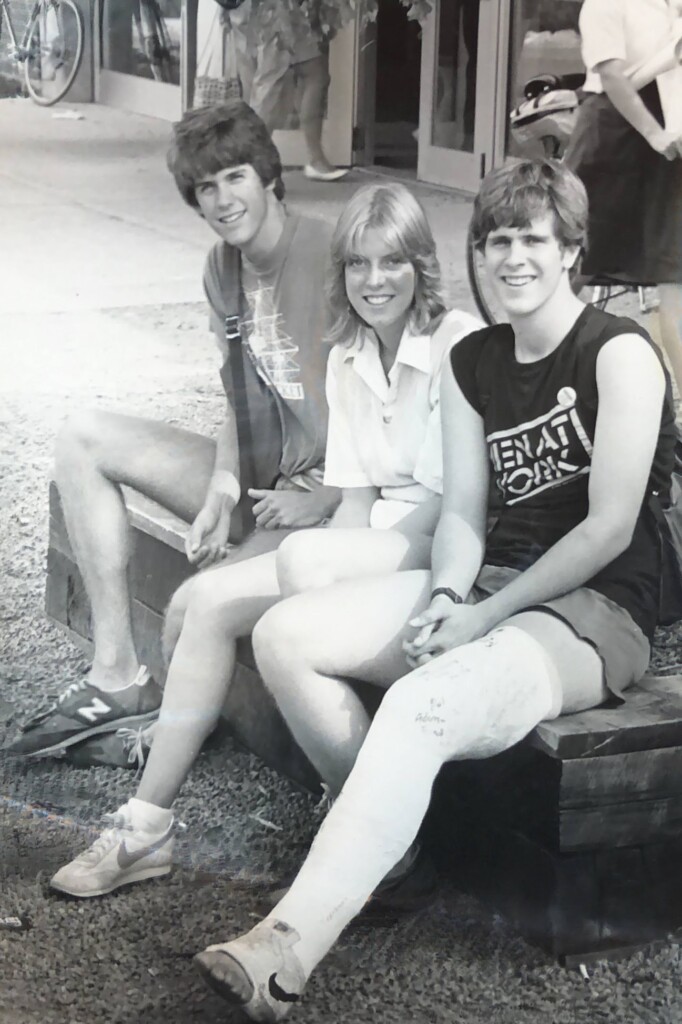
Upon hearing about the Cannabis Media Fellowship, Tschon recalls, he was a bit tongue and cheek about it. Fantasizing about coming full circle back to UVM to study cannabis, of all things, he was delighted by the thought but didn’t take it too seriously. Afterall, he majored in philosophy all those years ago because it was one of the only degree programs that didn’t require the heavy math and science courses that he was keen on avoiding.
Studying plant biology as part of the Cannabis Media Fellowship was intimidating to Tschorn, yet the opportunity seemed too valuable to let fear of failure dictate his decision making. He decided to submit an application that detailed his journalism career and was forthright about his science knowledge gap and see how it shook out.
“I was more scared than I should have been,” he says with a laugh. “The professors were accessible, so I did not find my science gap to be a barrier.” While he sometimes found himself re-reading a passage or paper, Tschorn ultimately held his own and was pleased with his ability to keep up with his more science-minded coursemates.
Time management is key to balancing career and coursework
His passion for contributing accurate, interesting reporting to the burgeoning cannon of cannabis journalism fueled his commitment. Moreover, working in a deadline-driven environment at the L.A. Times, Tschorn was fluent in managing his time – a big benefit when it came to balancing his work and online studies.
“I did about 10 hours a week of course reading, watching videos, and taking quizzes,” he says. “Knowing what was expected of me – I had the 8 weeks all built out – was helpful. I didn’t have to take any time off work and I was transparent with my editors about what I was doing.”
His editors, in fact, encouraged him to view the Fellowship as job training and dedicate work hours to his studies. “It benefits the L.A. Times that I have a Certificate in Cannabis Plant Biology. I now know how to speak the nuts and bolts of the language,” he explains. “It was a deep dive. Am I ever going to need to know about pest control? No, maybe not. But if someone brings it up, even in passing…”
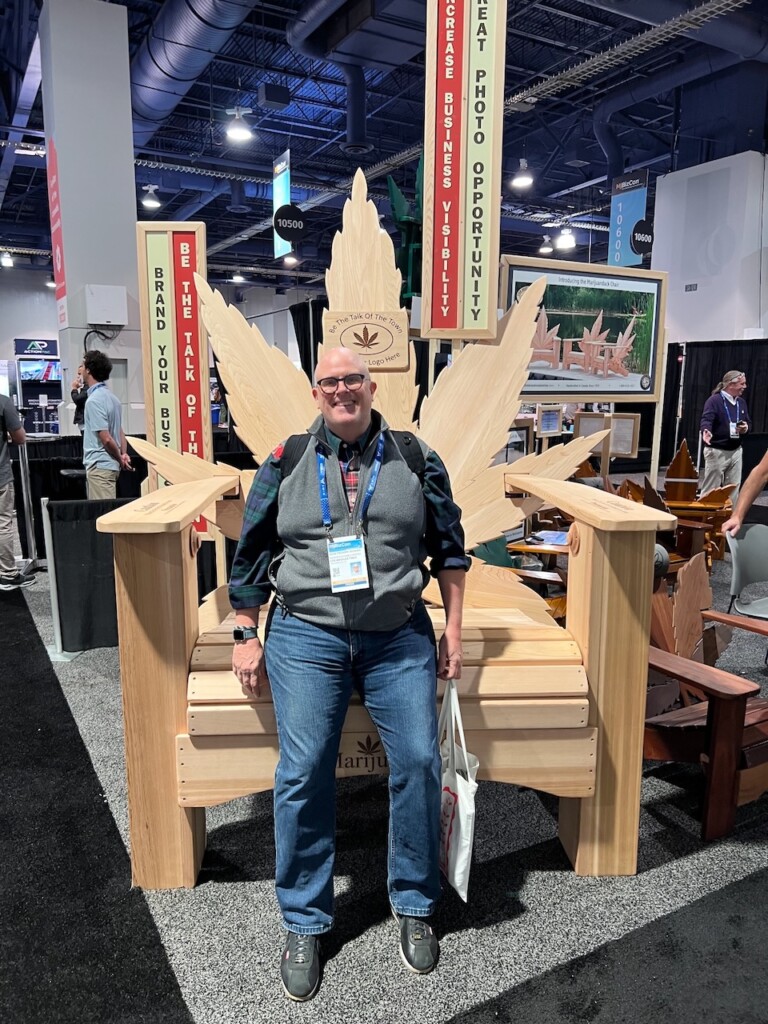
At this point, Tschorn launches into a detailed story about reporting on medical cannabis in Oklahoma, where during an indoor grow facility tour he didn’t yet know what he didn’t know.
Leaving Oklahoma, Tschorn fired up his laptop at the airport to catch the week’s Cannabis Media Fellowship lesson, which included material on LED lights and HVAC systems like the ones he had just seen in the grow facility.
“Had I had this information before my tour, I could have spoken the language better and had a more detailed conversation,” he says. “The general knowledge and language the fellowship has given me are valuable tools in my toolbox now. I would highly – no pun intended – recommend this, even for someone in the media who’s not on the science desk, because it might not give you all the answers, but it gives you the tools to ask the right questions.”

